aidsinst@hku.hk Tel: + 852 39179825 Fax: +852 39179095

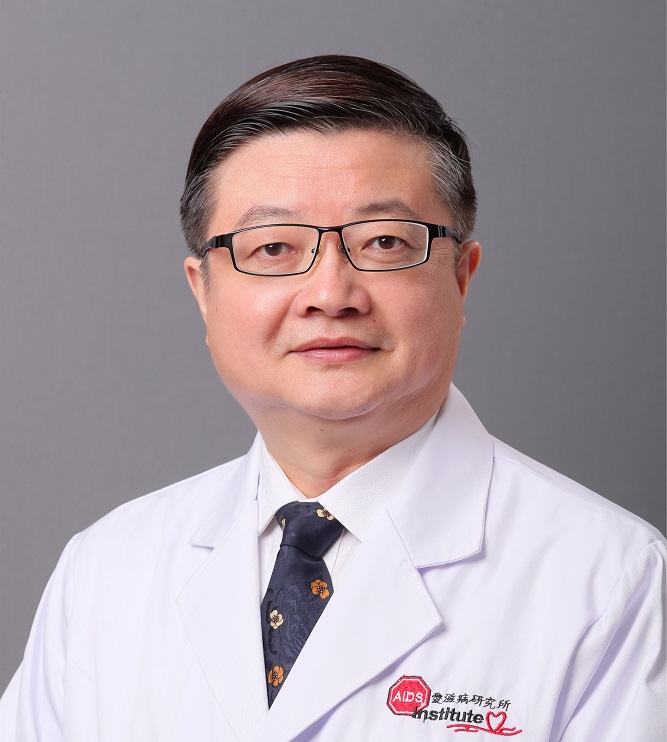
Director and Tenured Chair Professor of Immunology and Immunotherapy
AIDS Institute, Department of Microbiology, School of Clinical Medicine
Li Ka Shing Faculty of Medicine, The University of Hong Kong
Email: zchenai@hku.hk;
Tel: (852) 2819 9831; Fax: 3917 9095;
Office: Room 44, 5/F, Laboratory Block, 21 Sassoon Road, Pokfulam
Chairman, Hong Kong Society for Immunology (2018-present)
Member, Advisory Council on AIDS, Department of Health, HKSAR Government (2008 – 2014).
Member, Executive Committee, China AIDS Vaccine Initiative (2008 – present)
Member, Expert Committee, China AIDS Vaccine Network (2008 – present)
American Association of Immunologists
Member, American Society for Microbiology
Foreign Member, American Society on NeuroImmune Pharmacology (SNIP)Editorial Service for Peer-reviewed International Journals.
Member, Editorial Board, AIDS (2017 – present)
Member, Editorial Board, JAIDS (2010 – present)
Member, Editorial Board, Journal of Antivirals and Antiretrovirals (2009 – present)
Member, Editorial Board, Journal of Medical Primatology (2008 – present)
Member of Editorial Board and Academic Editor, PLoS ONE (2010 – present)
1) AIDS Vaccine and Pathogenesis
2) Immunotherapy for curing HIV and cancer
Associate Professor, Department of Microbiology
BSc (HKBU), MMedSc (HKU), PhD (HKU)
Email: khkok@hku.hk;
Tel: 3917 9093; Fax: 3017 9095;
Office: Room 45A, 5/F, Laboratory Block, 21 Sassoon Road, Pokfulam.
Research Description: K.H. Kok is currently an Associate Professor in the Department of Microbiology, The University of Hong Kong. He is interested in the host-pathogen interaction, specifically the host antiviral responses. In 2011, he identified a host antiviral protein that can optimally induce the production of type-I interferon, an indispensable primary antiviral response during early infection. He continues to investigate the molecular mechanism of this host defense signaling pathway in the context of influenza A virus (IAV), herpes simplex virus (HSV), Epstein-barr virus (EBV) and human immunodeficiency virus (HIV) infection.
1) Host-pathogen interaction, specifically the host antiviral responses
2) Molecular mechanism of host defense signaling pathway
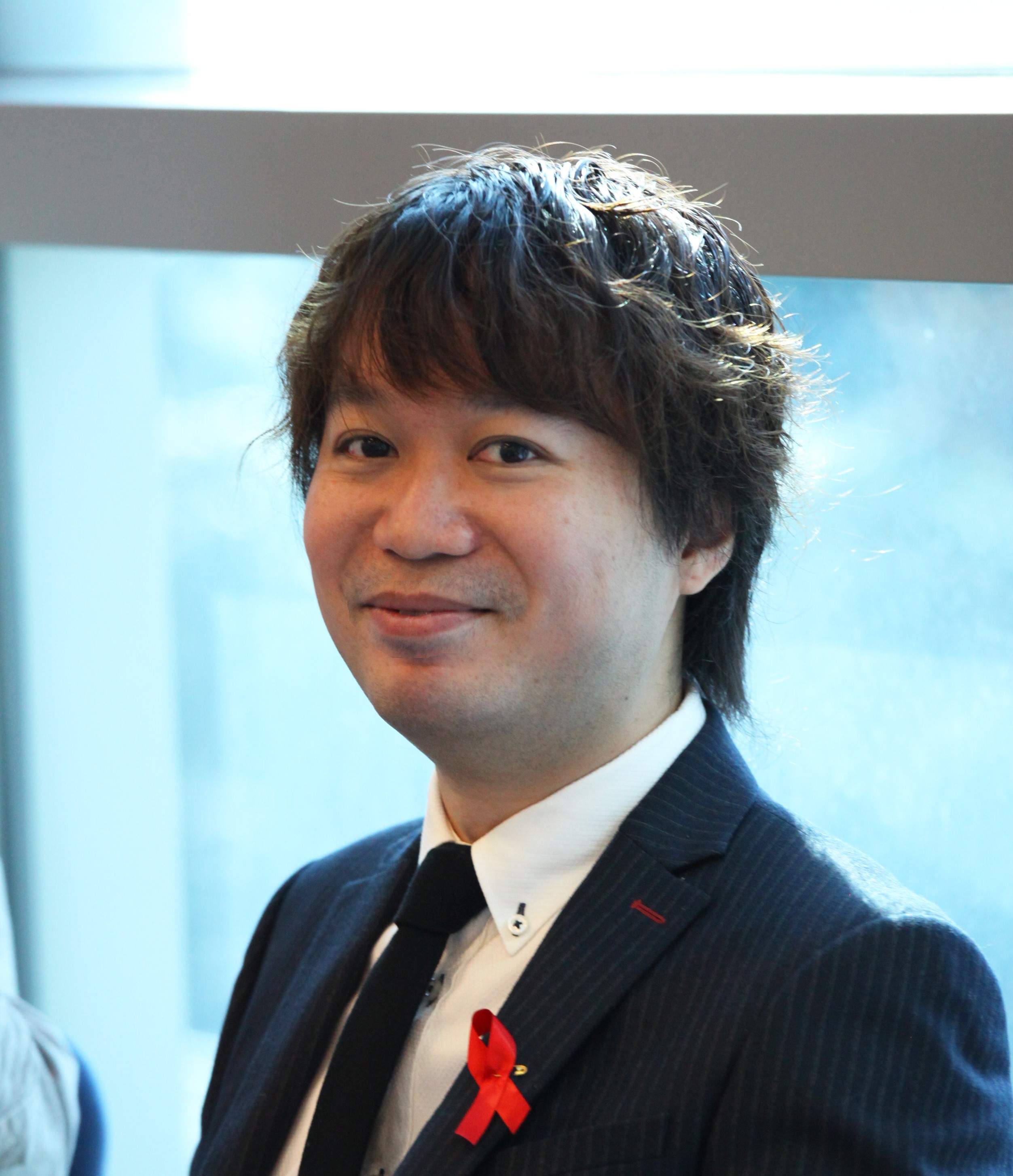
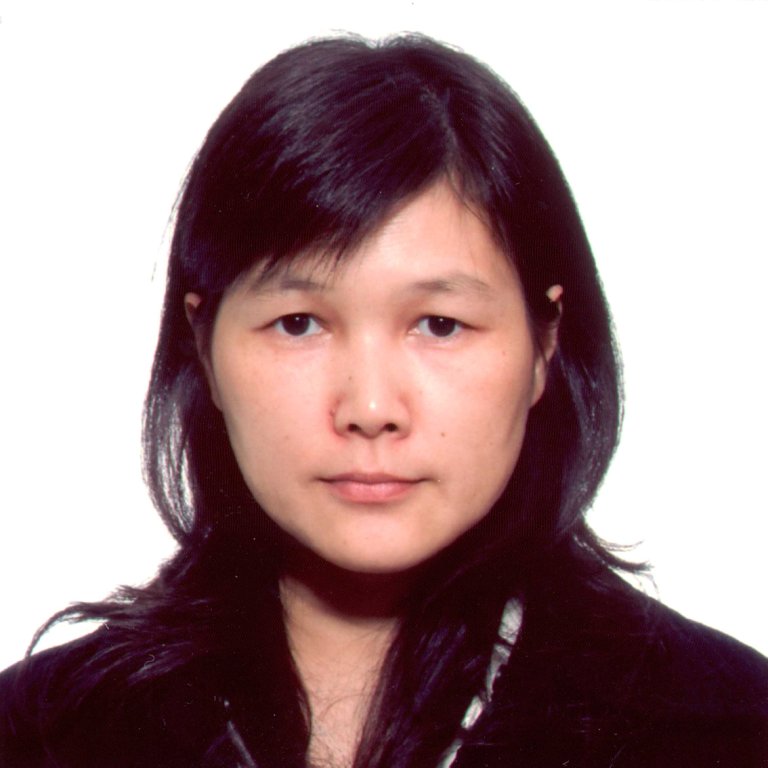
Scientific Officer, AIDS Institute
BSc (Wuhan University);
PhD (Wuhan University);
Postdoc (ADARC, Rockefeller University);
Email: liuli71@hku.hk;
Tel: (852) 3917 9094; Fax: (852) 2817 7805;
Office: Room 45B, 5/F, Laboratory Block, 21 Sassoon Road, Pokfulam
Research Description: The persistence of viral replication can lead to alterations in both innate and adaptive T and B cell compartments. Host immunosuppression and inflammation are hallmarks of HIV-1 and other persistent viral infections including HBV, SARS and COVID19. Despite initial antiviral immune activity, persistent viruses eventually evade host immune responses and induce expansion of immune regulatory cells that suppress antiviral immunity. I am interested in the cellular and molecular mechanisms of immunosuppressive response or overwhelming inflammation during viral infection. We are currently focusing on how these factors affects B cell differentiation and function, including neutralizing antibody production and memory response driven by prior vaccination. Understanding these mechanisms is critical for the development of an novel immunotherapy strategy and effective vaccine for functional cure of HIV, HBV and other chronic diseases.
1) Cellular and molecular mechanisms of immunosuppression and pathology
2) Anti-viral drug and immunotherapy for HIV, HBV and CoVs
Research Assistant Professor, AIDS Institute
BEng (Wuhan Institute of Bioengineering);
MS (Hubei University, China);
PhD (Wuhan University, China); Postdoc (AIDS Institute)
Email: zhourh@hku.hk
Research Description: SARS-CoV-2 causes impairment of host immune cell functionality and imbalanced antibody and T cell responses during the acute infection, which are contributed to viral pathogenesis, clinical severity, prolonged viral transmission. Moreover, the strikingly high transmissibility and antibody evasion of SARS-CoV-2 and its variants have posed great challenges to the efficacy of current vaccines and antibody immunotherapy. My research interest mainly focuses on the mechanisms of immune control against COVID-19 and development of vaccines and broadly neutralizing antibody against SARS-CoV-2 infection.
1) Host immune response against SARS-CoV-2;
2) Vaccines and broadly neutralizing antibodies against SARS-CoV-2;
3) Novel drugs for HIV therapy;
4) Dendritic cell-based immunotherapy;
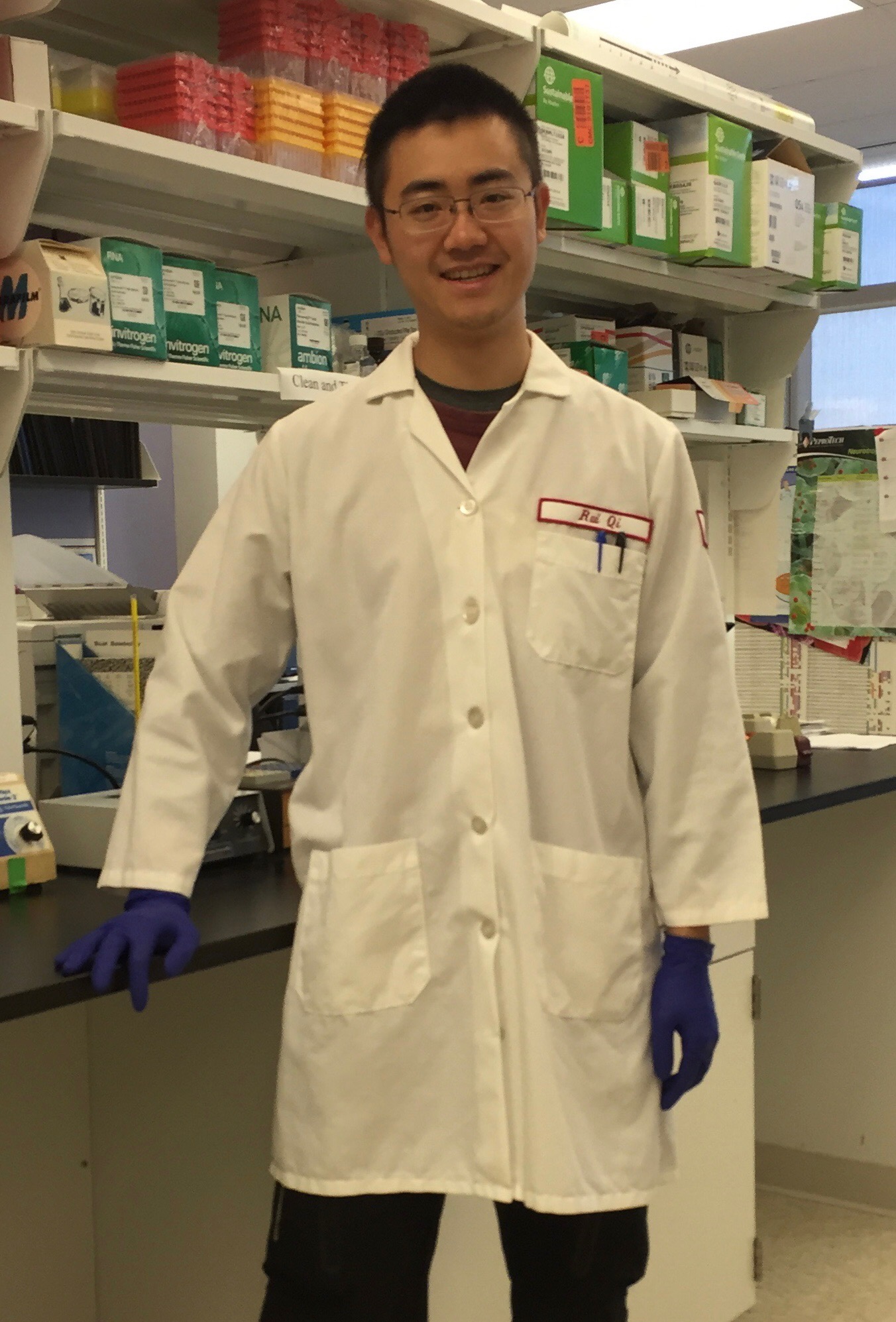
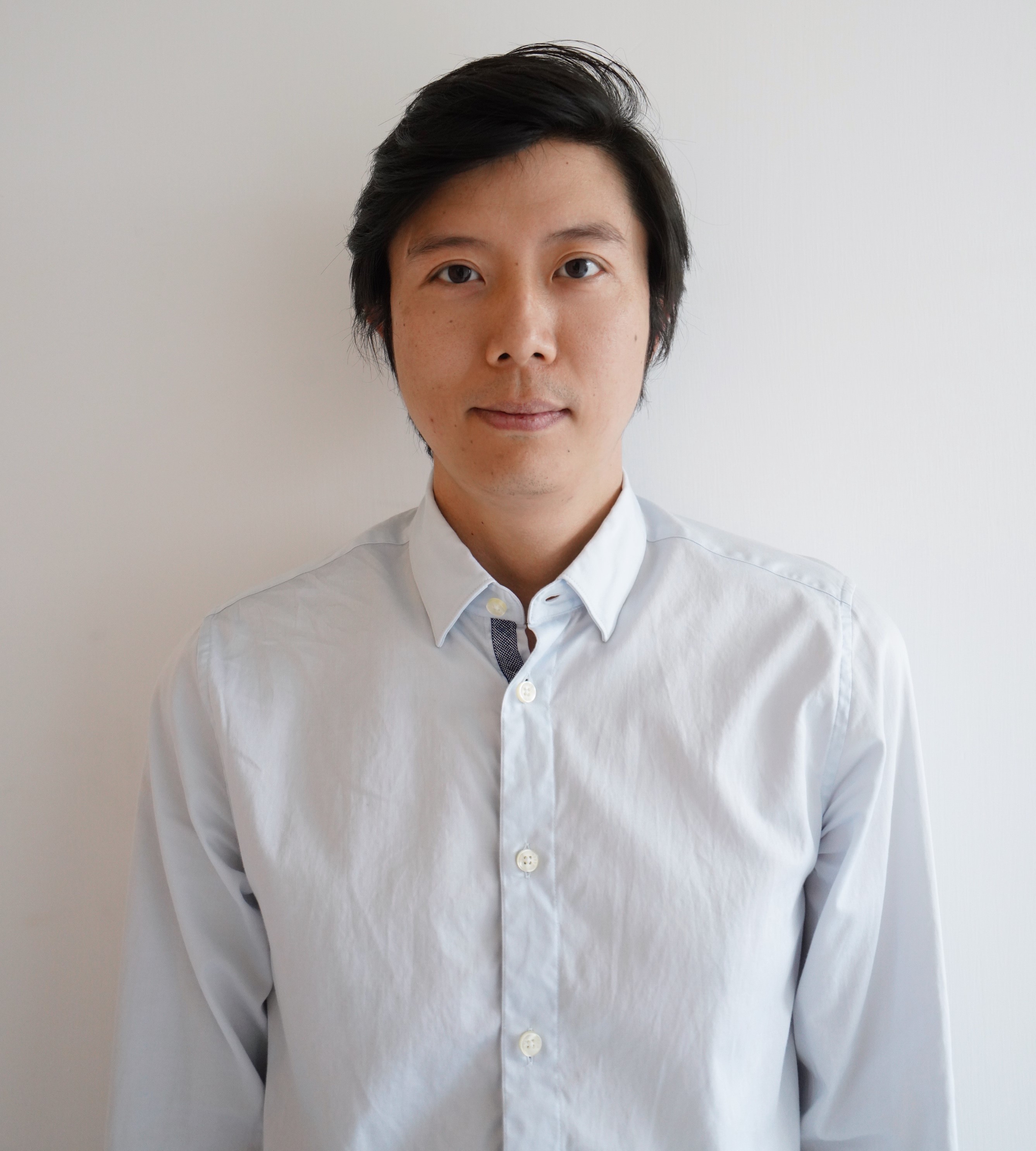
Research Assistant Professor, AIDS Institute
BSc, MSc (Peking University Health Science Center);
PhD (The University of Hong Kong); Postdoc (AIDS Institute)
Email: zwtan@hku.hk
Research description: His research interest mainly focuses on tumor immunology and immunotherapy. Using DC-based DNA vaccine, his research goal is to understand the underlying mechanisms that the vaccination overcomes tumor induced immunosuppression. In particular, his interests include how tumor reactive T cells from successful therapeutic vaccination could initiate a regression process.
1) Developing DNA vaccines for tumor immunotherapy
2) Oncolytic viruses as a new approach for the treatment of cancers
3) Developing new approaches to modulate tumor-induced immunosuppressive cells
Postdoctoral Fellow, AIDS Institute
BSc (Sun Yat-sen University);
MMedSc (The University of Hong Kong);
PhD (The University of Hong Kong)
Email: moyuf82@connect.hku.hk
Research Description: My research interests focus on T cell responses in anti-viral immunity and HIV infection in T cells. For T cell responses in anti-viral immunity, I aim at understanding immunometabolic regulation in T cell responses against HIV/AIDS and SARS-CoV-2/COVID-19. For HIV infection in T cells, I aim at understanding the effect of metabolic regulation on HIV infection in CD4 T cells. The goal of my study is to identify potential therapeutic methods, in terms of metabolic regulation, for promoting anti-viral immunity in infectious diseases.
1) Regulatory factors in T cell responses upon vaccination and infectious diseases.
2) Metabolic regulation on HIV infection in CD4 T cells.

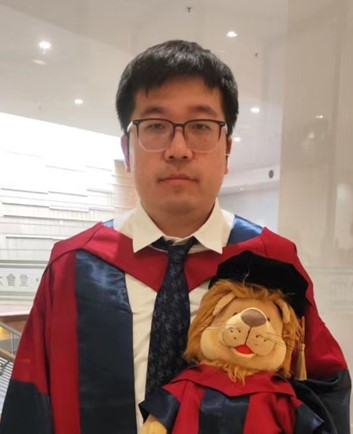
Postdoctoral Fellow, AIDS Institute
BMEd, MSc (Harbin Medical University)
PhD (The University of Hong Kong)
Email: nervym7@connect.hku.hk
Research Description: The period preceding, during, and afterwards the occurrence of a disease is analogous to a crime scene. My research interest is to play as a detective, using biological data and informatics technologies to reconstruct the crime process, track the source, and identify the "culprit" who caused the disease.
1) Understanding the molecular basis of human complex diseases.
2) Innate immunity in HIV infection.
3) Identifying and characterizing latent HIV-1 reservoirs.
4) Alternative splicing in diseases.
5) The formation mechanism of tissue-resident T cells.
Postdoctoral Fellow, AIDS Institute & Centre for Virology, Vaccinology and Therapeutics (CVVT)
B.M. (Capital Medical University);
MMed (Capital Medical University);
PhD (The University of Hong Kong)
Email: dongyanzhou@cvvt.hk
Research description: My research interests focus on neutralizing antibody discovery and antibody engineering against various infectious diseases, such as SARS-CoV-2/COVID-19, EBV, CMV and HIV/AIDS, et al. In addition, I also aim to elucidate the fluctuation of B cell profile under disease conditions, especially HIV/AIDS. I have set up phage display and single B cell technics to fulfil my research goals, and am exploring more technical platforms, like constructing antibody library with large compacity and diversity, single-cell RNA-seq, et al. Furthermore, I am also working on translation of well-defined neutralization antibodies into clinical usage.
1) Antibody discovery and engineering.
2) The property of neutralizing antibodies against various pathogens.
3) B cell function and evolution in various infectious disease settings.
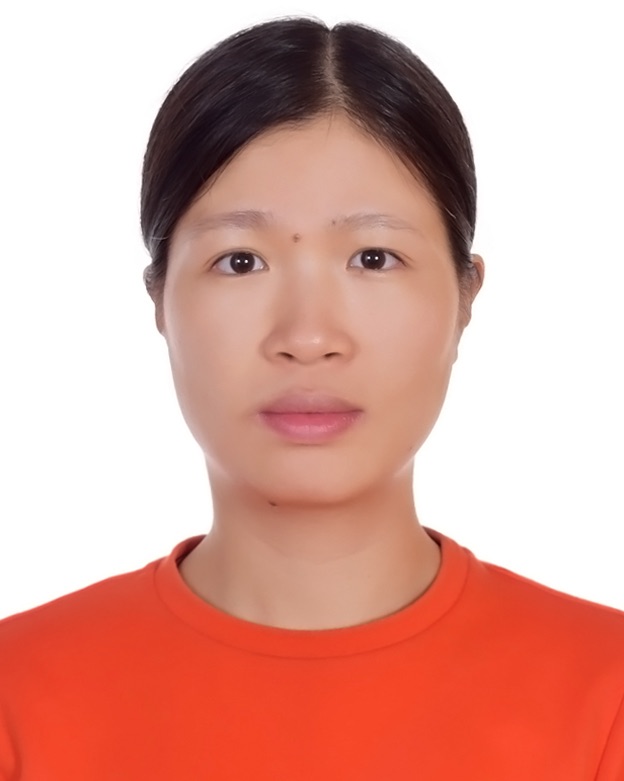
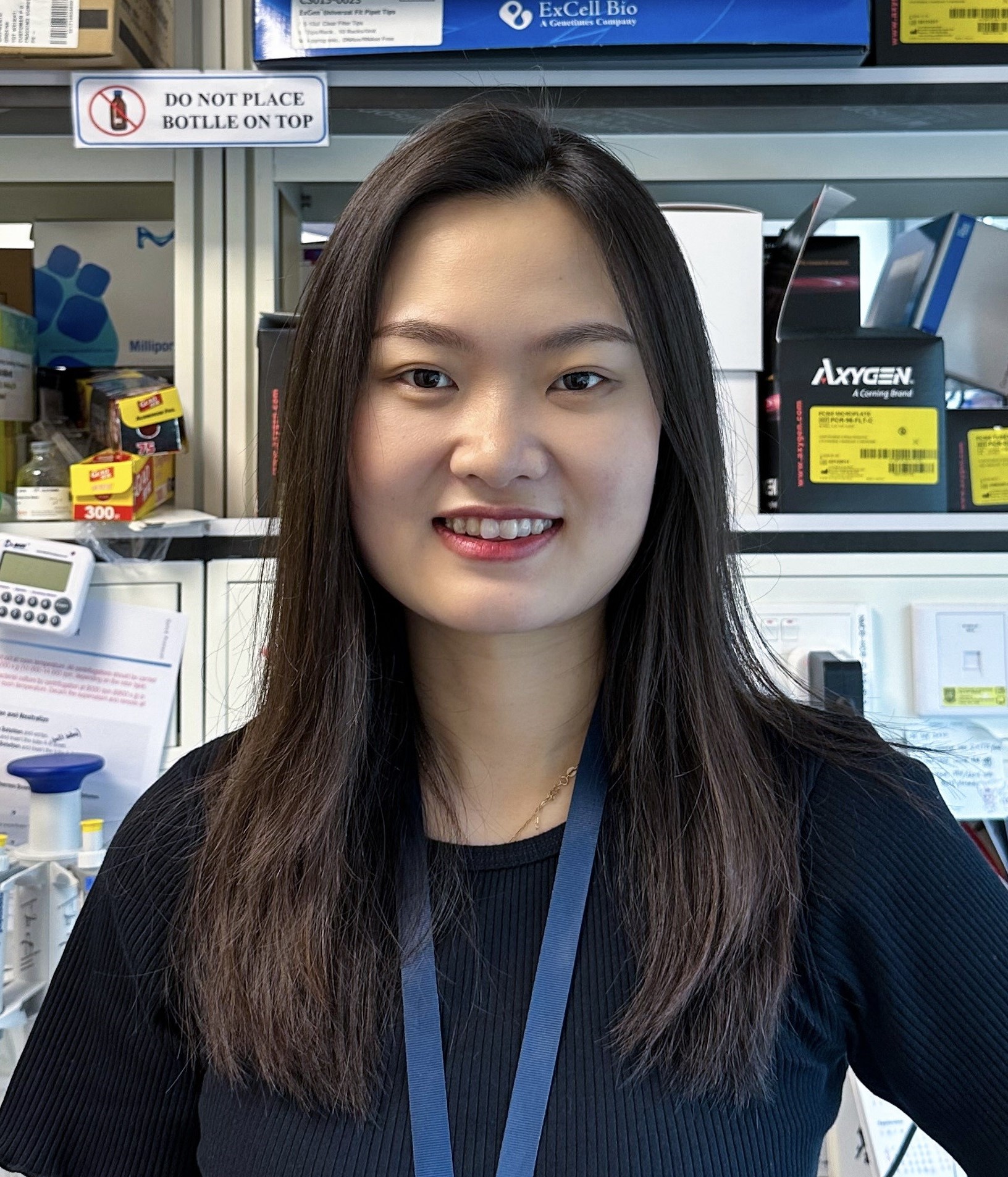
Postdoctoral Fellow, AIDS Institute & Centre for Virology, Vaccinology and Therapeutics (CVVT)
BSc (Shanxi Agricultural University)
PhD (Nankai University)
Email: ruinajin@cvvt.hk
Research Description: My research interest is antibody engineering with broadly neutralizing antibodies (bnAbs) against influenza virus infections. The main focuses of my study are engineering bi-bnAbs and developing novel antibodies to improve the potency and breadth of current strategies against multiple influenza strains.
1) Bispecific antibodies engineering against influenza virus.
2) Novel antibodies development to protect against influenza virus infection.